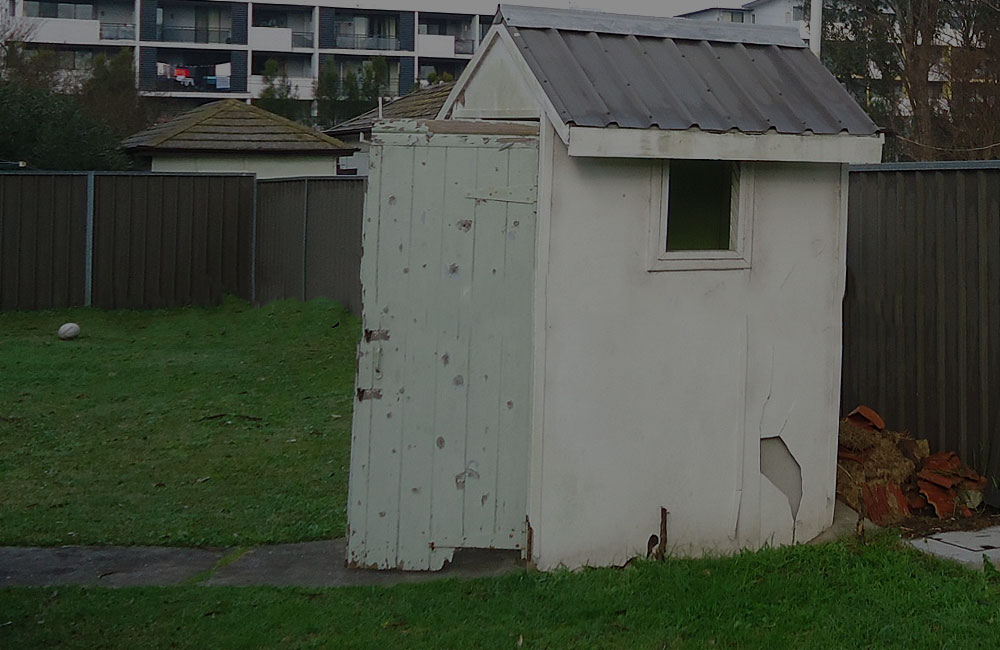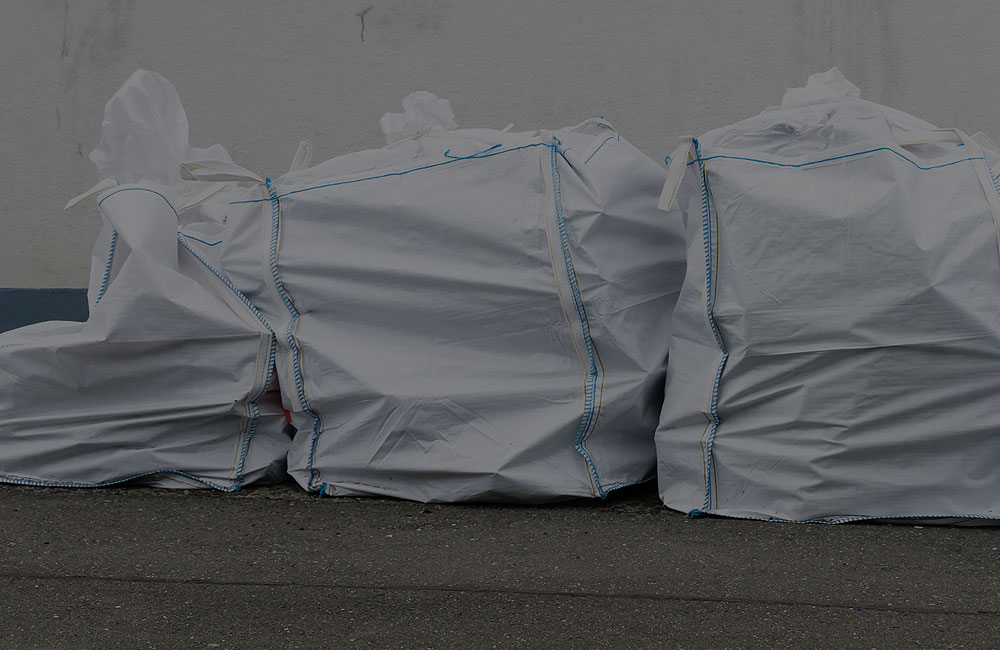Removing an old garage from a home in Clyde can be more complicated than it seems, especially if asbestos is present. Many garages built before the 1990s contain asbestos materials, commonly found in roofing, wall panels, and insulation. Disturbing these materials without the correct procedures can release dangerous fibres into the air, creating serious health risks.
Strict regulations govern how asbestos must be handled to protect both workers and the surrounding environment. Without proper precautions, harmful particles can spread beyond the worksite, affecting neighbouring properties. Hiring a licensed asbestos removalist ensures that the process is carried out safely, following industry standards and legal requirements.
Demolishing a structure containing asbestos is not just about tearing it down. Specialised techniques are required to prevent contamination. Trained professionals use protective equipment, controlled removal methods, and proper containment strategies to minimise exposure risks. Attempting asbestos removals without expert knowledge can lead to severe health issues and legal consequences.
Handling hazardous waste responsibly is just as important as the removal process itself. Asbestos disposal must follow strict guidelines to prevent environmental contamination. Improperly discarding asbestos materials can result in heavy fines and potential harm to public health.
This article will explore the key reasons to engage an expert for asbestos removal Clyde when demolishing an old garage. Topics include the role of an asbestos removalist in demolition, the health risks of improper asbestos removals in Inner West, legal requirements for asbestos removals in Clyde, and the importance of proper asbestos disposal. Understanding these factors will help homeowners make informed decisions while ensuring a safe and compliant removal process.
The Role of an Asbestos Removalist in Garage Demolition
Tearing down an old garage may seem like a simple project, but when asbestos is present, careful handling is required. Many older garages in Clyde were constructed using asbestos-containing materials, which were commonly used for their durability and resistance to fire. These materials can become hazardous if disturbed, releasing tiny fibres that are harmful when inhaled.
A licensed asbestos removalist has the necessary training and equipment to manage the demolition safely. Before any work begins, a thorough inspection is conducted to determine if asbestos is present. If hazardous materials are found, a controlled removal process is put in place to ensure fibres do not become airborne. Without these precautions, asbestos contamination can spread beyond the worksite, putting both workers and nearby residents at risk.
Proper demolition techniques help to prevent unnecessary exposure. Breaking asbestos-containing materials without specialised tools can cause fibres to disperse into the air. A professional asbestos removalist follows strict safety guidelines, using methods that reduce the risk of fibre release. This includes sealing off work areas, wearing protective gear, and carefully handling asbestos waste to avoid contamination.
In Clyde, demolition projects must follow strict regulations to ensure safety. Any work involving asbestos must be performed by a qualified expert to meet legal standards. Homeowners planning to remove a garage should always consult a licensed professional to ensure that the process is carried out correctly, reducing the risk of exposure and ensuring compliance with Australian health and safety laws.
Health Risks of Improper Asbestos Removal in Inner West
Exposure to asbestos can have serious long-term effects on health, especially when fibres become airborne. Many garages built decades ago contain asbestos in roofing, walls, and insulation. If these materials are disturbed during demolition, tiny fibres can be released into the air, creating significant health risks for workers and residents nearby.
Once inhaled, asbestos fibres can lodge in the lungs, leading to serious medical conditions. Mesothelioma, an aggressive cancer affecting the lining of the lungs, is directly linked to asbestos exposure. Another condition, asbestosis, develops when fibres cause scarring in lung tissue, making breathing difficult over time. Even short-term exposure increases the risk of lung cancer and chronic respiratory diseases.
Improper removal techniques can spread contamination throughout the surrounding area. Fibres settle on surfaces, clothing, and tools, creating hidden dangers long after demolition is complete. Anyone who enters the space may unknowingly inhale harmful particles, further increasing the health risks.
Licensed asbestos removalists in the Inner West follow strict safety guidelines to minimise these dangers. Sealing off work zones, using protective equipment, and employing specialised tools help contain asbestos fibres. Professional handling ensures that hazardous materials are removed correctly, reducing the chances of exposure. Homeowners planning garage demolition should always prioritise safety by engaging a trained expert for asbestos removal.
Legal Requirements for Asbestos Removals in Clyde
Strict regulations control how asbestos is handled during demolition projects in Clyde and across New South Wales. These rules are in place to protect workers, residents, and the environment from the dangers of asbestos exposure. Ignoring legal requirements can result in heavy fines, legal consequences, and serious health risks for those involved.
Australian laws mandate that only licensed professionals carry out asbestos removals when dealing with specific amounts or types of materials. If a garage contains more than 10 square metres of non-friable asbestos, a certified removalist must complete the work. Friable asbestos, which crumbles easily and becomes airborne, requires even stricter handling. Without proper certification, attempting to remove it is illegal and poses significant health hazards.
Before demolition begins, an inspection must be conducted to assess whether asbestos is present. If hazardous materials are identified, removal must occur before any structural work starts. Worksites must also be sealed off to prevent fibres from spreading beyond the designated area.
Safe disposal of asbestos waste is another legal requirement. Materials must be securely wrapped, labelled, and transported to an authorised disposal facility. General waste bins cannot be used for asbestos-containing materials, and unauthorised dumping carries severe penalties. Following correct procedures ensures that asbestos removal in Clyde is performed responsibly, safeguarding workers and the broader community.
Safe Disposal Practices for Asbestos Removal in Clyde
Once asbestos materials are removed from a site, proper disposal is essential to prevent further risks. Asbestos waste cannot be thrown out with regular household rubbish. Strict guidelines exist to ensure hazardous materials are managed safely, protecting people and the environment from exposure.
Licensed asbestos removalists follow regulated procedures to dispose of asbestos correctly. First, materials are carefully sealed in thick plastic to prevent fibres from escaping. Each package must be clearly labelled to indicate that it contains hazardous waste. These steps ensure that asbestos does not contaminate the surroundings during transport.
Only authorised disposal facilities are permitted to accept asbestos waste. Specialised sites are designed to handle these materials safely, ensuring fibres do not spread into the air or water supply. Transporting asbestos to an unapproved location is illegal and can lead to heavy penalties.
Illegal dumping of asbestos poses serious risks to public health. If left in open areas, asbestos particles can become airborne, creating a danger for anyone nearby. Environmental laws in Clyde strictly regulate how asbestos waste must be handled to prevent these hazards.
Using a licensed professional for asbestos removal in Clyde ensures all disposal requirements are met. Following the correct procedures reduces contamination risks and helps maintain a safe and healthy environment for the community.





